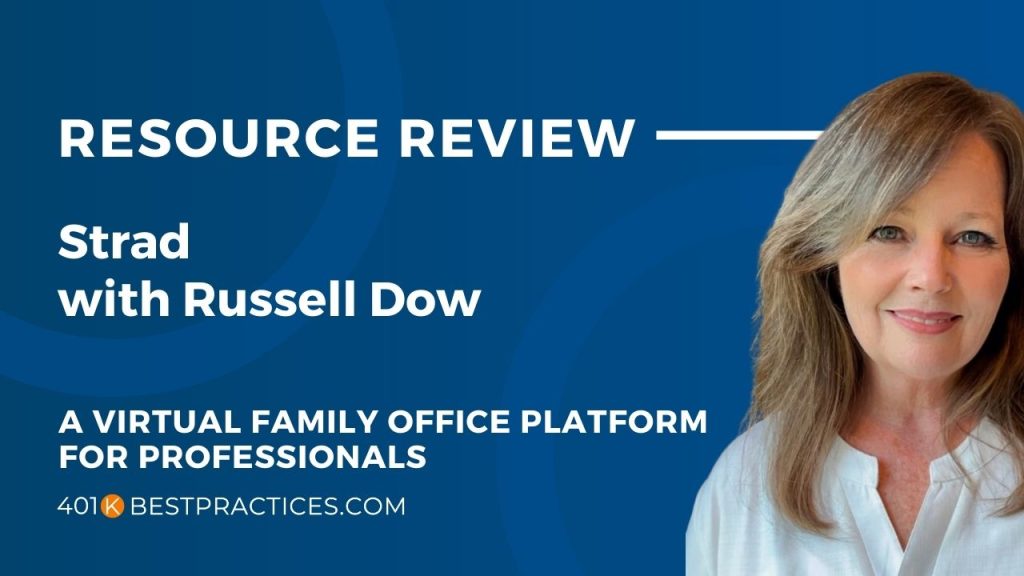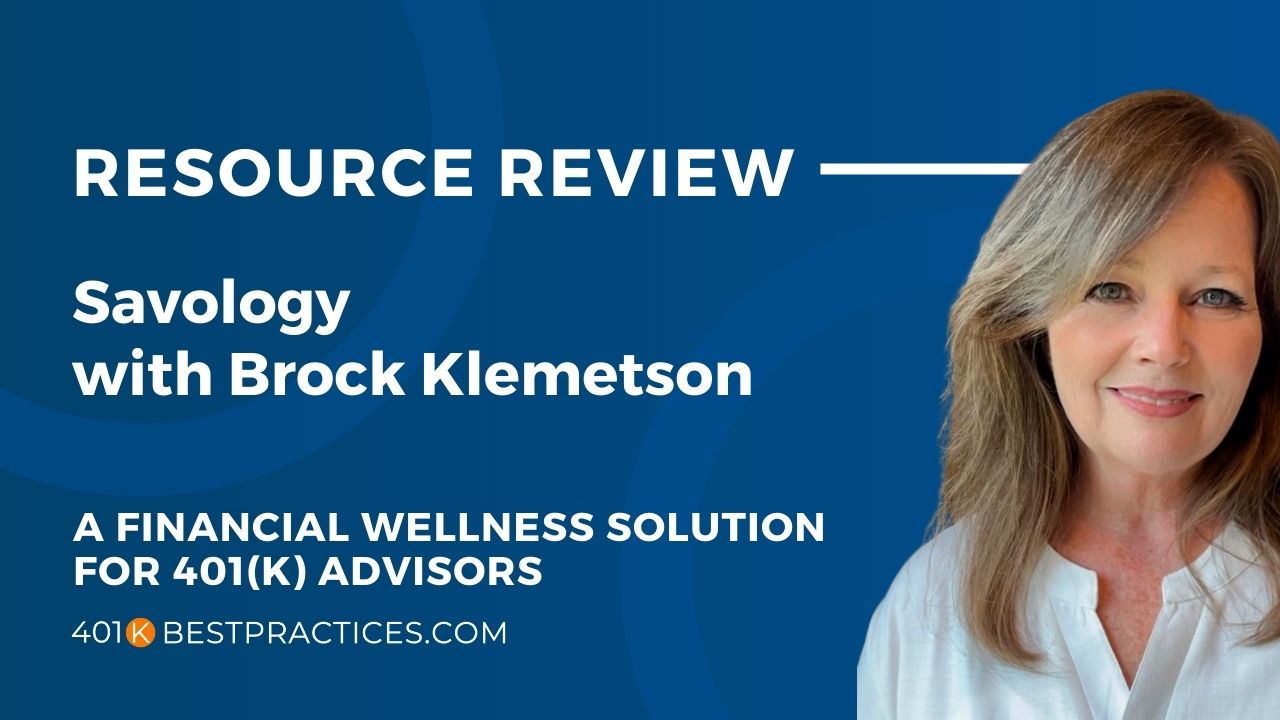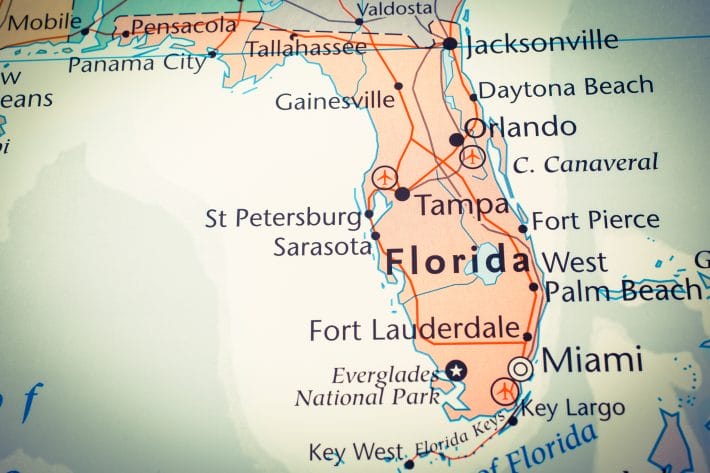An estimated $84 trillion is expected to be inherited from the Baby Boomer generation by 2045, according to a report by Cerulli Associates, cited by Bankrate. This massive wealth shift, often called The Great Wealth Transfer, isn’t just about money changing hands. It’s about how different generations will manage, protect, and grow that money, shaping family legacies for decades to come.
For 401(k) and IRA holders, the stakes are especially high. Retirement accounts often make up the bulk of a family’s wealth, but if they aren’t managed properly, they can trigger unnecessary taxes or even shrink faster than expected. Whether you’re preparing to pass down wealth or about to receive it, here’s what you need to know.
For Retirees: Preparing Your 401(k) Inheritance
For those approaching or in retirement, the financial questions shift dramatically. The focus moves from accumulation to decumulation, strategically drawing down your savings to last the rest of your life. The key is to recognize that every decision from this point forward has a profound impact. You have the wisdom of a lifetime of experience; now, it’s time to put it to use.
Communicate Your Wishes: This is the most important “money decision” you can make. Unlike other assets, your 401(k) goes directly to the named beneficiary, even if your will says otherwise. A forgotten ex-spouse or outdated designation can derail your intentions. Review them regularly to avoid surprises. Here’s what you need to know about designating beneficiaries. Understand Spousal vs. Non-Spousal Inheritance: Spouses who inherit a 401(k) often have more flexibility, like rolling it into their own retirement account. Non-spousal heirs (children, grandchildren, others) usually face the 10-year rule under the SECURE Act, which requires the account to be emptied within 10 years. Knowing this ahead of time allows you to structure your accounts to minimize taxes for your heirs.
For Heirs: The Inheritors
You’ve inherited a sum of money from your Baby Boomer family member. This is a monumental moment, but without a plan, it can quickly be squandered. The key is to avoid common pitfalls and treat this as a long-term opportunity, not a short-term windfall.
Pause and Plan (The First 6-12 Months): Fidelity’s guidance on inheriting assets consistently advises against making impulsive decisions. They recommend taking your time, as many beneficiaries who immediately invest or spend their inheritance later regret their choices. Pay Down High-Interest Debt: This is often the highest “return on investment” you can get. Use a portion of the inheritance to eliminate credit card debt or other high-interest loans. The money you save on interest payments can then be redirected toward your retirement savings. Here are 4 Tips for Managing Debt. Mind the Taxes: Understand the type of assets you’ve inherited. A taxable brokerage account might receive a “step-up in cost basis” at the time of death, meaning you could sell it and not owe capital gains tax. Conversely, an inherited traditional IRA or 401(k) typically has a 10-year rule, meaning you must withdraw all funds and pay income tax on them within a decade. Spreading out these withdrawals over the 10-year period can help you stay in a lower tax bracket. Boost Your Retirement Savings: Fund your 401(k) to the maximum or contribute to a Roth IRA. If you’re saving for a home down payment or a child’s education, the inheritance can be a powerful catalyst to get you there faster. Seek professional advice to ensure the money is managed wisely. Honor the Legacy: Dedicate a small portion of the inheritance to something meaningful. This could be a vacation that honors a loved one’s memory, a charitable donation, or a financial gift to a family member in need. This act can provide a sense of peace and purpose, turning the inheritance from a financial transaction into a legacy.
Planning Creates Peace of Mind
The Great Wealth Transfer is reshaping how families manage retirement accounts and investments. For retirees, the focus is on protecting wealth, reducing taxes, and leaving a clear plan. For heirs, the priority is making smart, informed choices that extend the value of the inheritance rather than deplete it.
With open communication and careful planning, a 401(k) or IRA isn’t just money, it’s a legacy.



























